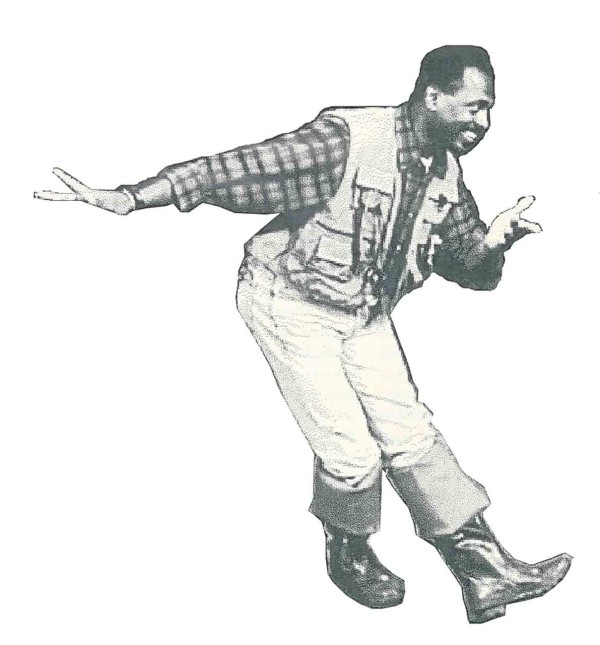Why we say ‘break a leg’ in the theater
A young colleague wants to know why we keep saying “break a leg” to each other before the start of a performance in the theater. —Why nga ba?
“Old” theater hands explain that the usual “good luck” wish is bad luck in the theater world, because “playful” spirits—ok, ghosts—are believed to abound backstage, and they just love to “unmake” our day—and shows—just for the perverse “fun” of it.
So, to confound them, “break a leg” has been thought up as a smart-alecky, “coded” replacement.
Curtain calls
But is there all there is to it? Further research into theater practice in centuries past informs us that, way back during Elizabethan times, an actor used to do “curtain calls” by deeply bowing and “breaking” his rear leg— hence the now popular wish and expression!
Article continues after this advertisementGoing even further back, all the way to Greek theater origins, members of the audience then used to express their appreciation not by clapping, but by stomping their feet to create a very loud and happy noise. So, the “leg” reference means that you’re wishing your colleagues very warm and loud acclaim from theater patrons!
Article continues after this advertisementIt’s instructive to further note that the “no good luck greetings” caveat in the theater world has become so “official” that a song has even been written about it: In the musical, “The Producers,” the cynically perky song-and-dance number, “Never Say Good Luck on Opening Night,” is a novelty highlight.
Other no-nos in the theater: It’s a “mortal sin” to eat peanuts backstage. No superstitious explanation, just a very practical no-no, because chewing peanuts can make actors and singers cough—so there goes the clarity of their performance!
More: Absolutely no whistling backstage, either. Why so? In olden times, whistling used to be the cue for stage hands to lift or lower heavy sandbags that brought set panels up or down. The cue sometimes got all mixed up and resulted in accidents, like actors getting knocked out by those heavy bags, so it was discontinued—and prohibited!
On the other hand, some theater practices or talismans are supposed to have a positive effect on actors’ performances, and consequently on their careers.
These include wearing wigs, being cast in a production of “Cinderella” (good vibes and the Fairy Godmother factor at work!), having lots of dolls in your dressing room, instantly dancing on accidentally dropped powder—and having a hunchback in a production’s cast (—we have a “hunch” why, but we can’t say for sure)!
By the by, it’s also lucky for an actor to get pinched by somebody (nakakagigil kaya?)—and for a new production to have a very bad and messy dress rehearsal. —An exceedingly consoling thought!
